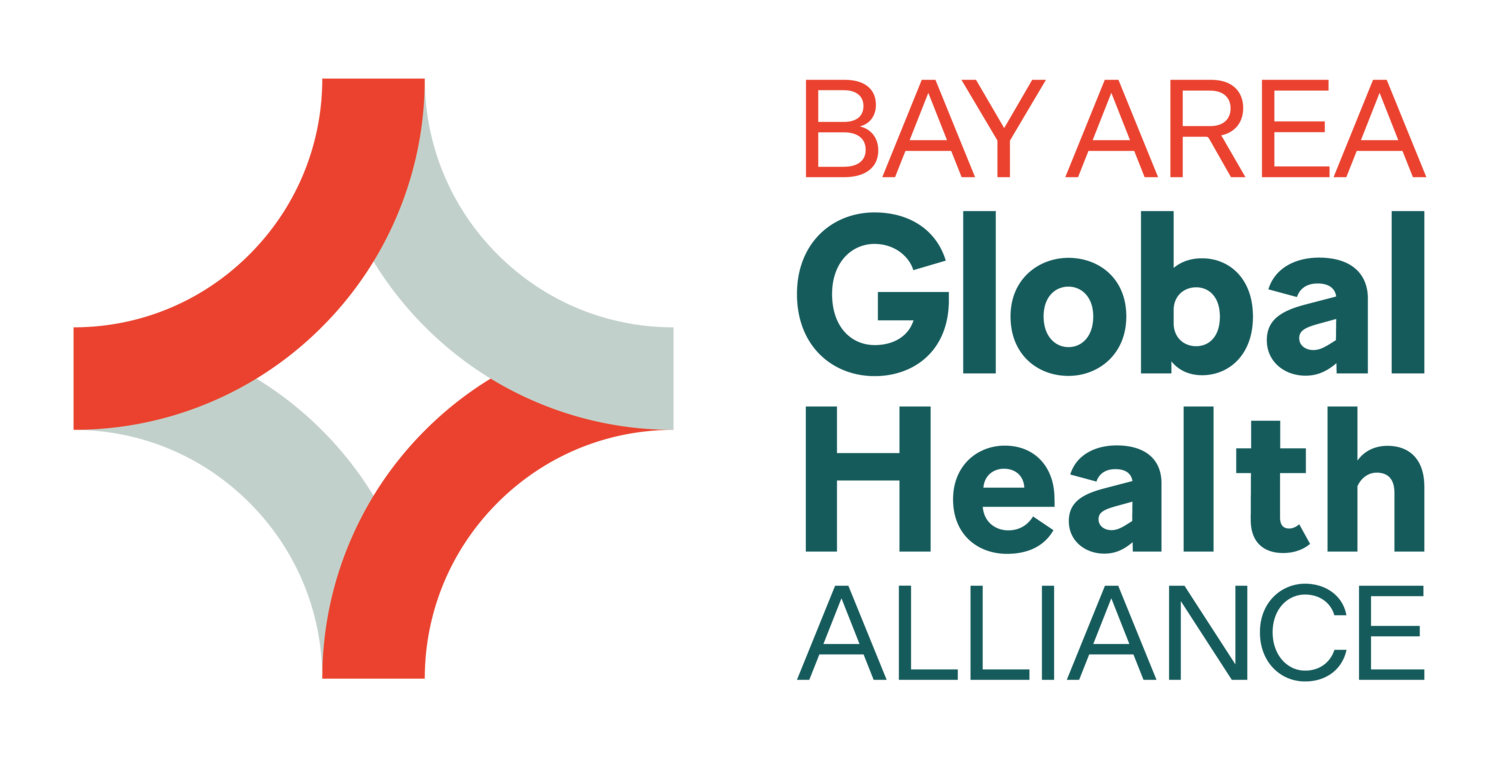During the Clinton Global Initiative (CGI) 2024 Annual Meeting, PATH, in partnership with the Bay Area Global Health Alliance and Pfizer, announced a Commitment to Action: Outcomes-Based Financing as a Tool to Curb AMR in LMICs. This commitment aims to combat antimicrobial resistance and incentivize antimicrobial stewardship (AMS) through an innovative outcomes-based financing mechanism.

Pictured from left to right: Sara Anderson, Executive Director of the Bay Area Global Health Alliance; Neha Agarwal, Vice Chair of the Alliance board, Global Program Co-Director Diagnostics at PATH; Dame Sally Davies, UK Special Envoy on Antimicrobial Resistance; Nikolaj Gilbert, CEO of PATH; Kellen Thomas, Senior Director, Accord for a Healthier World at Pfizer; Caroline Moor Larsson, Head of Operations, Office of the President at PATH.
Antimicrobial resistance (AMR) is one of the most significant public health threats of the 21st century. However, tackling the economic and social factors driving the overuse and misuse of antibiotics, especially in low- and middle-income countries (LMICs), remains a challenge. New tools and incentives are needed to promote effective antimicrobial stewardship and drive investment in new approaches. Outcomes-based financing (OBF), or performance-based financing, is an incentive system that has been underutilized by the global community as an innovative tool to support stewardship efforts.
“If you look at the whole value chain of antimicrobial resistance, all the way from R&D to the delivery of antibiotics to people who need them, the chain is broken. What we are announcing today is a partnership that focuses on the behavior, the way you prescribe antibiotics, and the stewardship on how you keep antibiotics as a friend,” shared Nikolaj Gilbert, CEO of PATH, in conversation with Professor Dame Sally Davies, UK Special Envoy on Antimicrobial Resistance, at CGI 2024. “We are trying to see what social and economic behaviors can actually change the incentives, protocols, and diagnostics for doctors to ask second or third questions before handing out antibiotics.”
PATH – in partnership with Pfizer and the Alliance – has initiated research and design of an OBF instrument as a tool to curb AMR in LMICs. As part of this CGI Commitment to Action, the organizations will explore how to augment stewardship efforts with novel approaches that address behavioral and market incentives contributing to the misuse of antibiotics.

Dame Sally Davies (UK Special Envoy on AMR) and Nikolaj Gilbert (CEO of PATH) at the CGI 2024 Leaders Stage: Health Equity for All.
“It was an honor to have Dame Sally Davies, Special Envoy on AMR for the UK government, announce our innovative outcomes-based financing initiative to curb AMR at the Clinton Global Initiative,” said Neha Agarwal, vice chair of the Alliance board, global program co-director diagnostics at PATH, and the creator of this initiative. “We are excited to partner with the governments of Tanzania and Senegal, the Bay Area Global Health Alliance, Pfizer, and many others to pilot innovative, human-centered business models to increase access to testing and improve antibiotic stewardship.”
AMR affects millions of people worldwide, and the number of people impacted is growing. It is caused by the overuse or misuse of antibiotics and occurs when bacteria evolve to resist the effects of antibiotics that once successfully treated common infections. This issue poses a serious threat to global health, especially in low- and lower-middle-income countries that often have more limited access to healthcare and regulations for prescriptions. AMR was at the forefront of the global agenda at UNGA 79, which took place in conjunction with CGI 2024 in NYC in September. During the high-level meeting on AMR, global leaders set a target to reduce the estimated 4.95 million deaths associated with AMR annually by 10% by 2030.
The collaboration between PATH, Pfizer and the Alliance, country governments, and AMR stakeholders seeks to advance this goal by enhancing antimicrobial stewardship efforts through targeted research and design in Senegal and Tanzania. This initiative will investigate the infrastructure and existing gaps in health systems that hinder effective stewardship while identifying the opportunities, feasibility, and risks of outcomes-based financing interventions.
Subsequently, a pilot initiative will implement an outcomes-based financing incentive system designed to promote appropriate antibiotic prescribing practices among healthcare providers and foster innovative business models that counteract the economic and social incentives that contribute to antibiotic overuse and misuse. Learn more about the commitment to action.

